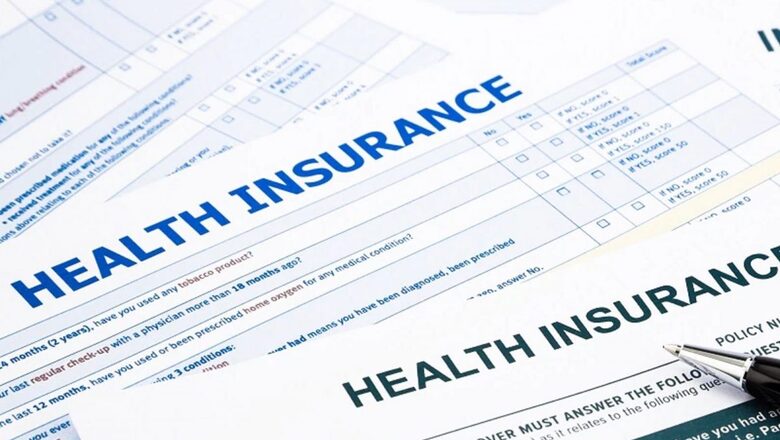
views
As we are amidst the season of festivities, sweets are an integral part of our celebrations. We usher in festivals with loads of cheer and ‘sweet indulgence’. A study highlighted that binging on sweets during festivals do impact sugar levels. As we know, diabetes is a metabolic disease causing high blood sugar, and if left untreated, it can cause damage to different body parts such as eyes, kidneys, nerves etc. India has the world’s second-highest population of adults with diabetes, the number is anticipated to climb to 101 million in 2030 to 134 million in 2045.
Diabetes, often known as the “silent killer,” increases the likelihood of hospitalization in patients, especially when they age. With growing inflation and living expenditures, the probability to pay huge medical costs rises, and unless one has a health insurance plan, much of it will have to be paid out of one’s own pocket. Diabetes treatment costs for a patient on an annual basis can be around Rs.75,000 – Rs.80,000 just for their medications, regular check-up and consultation. As diabetes affects different parts of the body, one can expect treatment costs ranging from Rs.13,000 to Rs.25,000 a month for complications related to foot , renal, cardiovascular and retinal etc. This coupled with medical inflation can drain an individual’s life savings.
However, finding appropriate insurance coverage for such an individual is difficult. As a result, diabetics should consider the following when purchasing health insurance:
Understanding the Availability of Cover Related to your Diabetic Condition Properly
It is critical to first understand the policy covers in the context of your diabetic condition. For e.g.; Type 1 diabetes necessitates the administration of insulin injections to the body in order for the sugar in the body to be utilized. By comprehending the same, you should be able to choose the most appropriate plan that can readily provide the appropriate coverage.
Buy Diabetes-specific Plans
For a healthy person, having a health insurance plan, such as basic health insurance, with an acceptable sum covered, may be sufficient to cover the hospitalization costs associated with a diabetes condition if it develops in future. However, day one coverage and out of pocket expense coverage may be compromised for a person with a pre-existing condition. As a result, when diabetes is detected, a diabetes-specific insurance plan might be beneficial.
Minimum Waiting Period
In general, health insurance policies regard diabetes as a pre-existing condition and impose a waiting period of 12 months to 2 years, however, this can sometimes be extended to 4 years. As a result, it is prudent to get a plan which provides Day 1 cover for diabetes wherein costs for tests and diagnostics are covered from day one.
Chronic Care Management Program
Opt for a health insurance policy which takes care and controls the effects of diabetes. Opt for a plan which provides chronic care management benefits such as health coaching and nutrition counselling. Here, health goals are set by a Health Coach after a brief discussion with the customer and monitored periodically, say once every 2 months. Compliance to medications and treatment schedules, health, dietary and workout advice is given to the customer which helps them improve their health and manage their condition better in their day to day routine.
Buy as Early as Possible
If you are a diabetic, it is usually best to get the ideal health plan as quickly as possible to decrease the risks of denial that may occur due to a severe diabetes condition.
Check for Terms
You should look for different terms and conditions that are accessible since they will help you gain a thorough understanding of the chosen plan and may allow you to receive different perks that certain insurance companies give for diabetes care. It will also assist you in coping with constraints. For instance there are products that incentivise you to stay healthy with rewards for regular physical activity, adherence to diabetes management protocols.
An insurance seeker should always look for their relevant needs and take away from the policy before making a final selection based on the 6 points mentioned above. A comprehensive health insurance plan covers a wide range of ailments and eliminates the need to manage several plans. So, for your own benefit, weigh the advantages and drawbacks of the policies and make an informed decision.
Read all the Latest Business News here



















Comments
0 comment